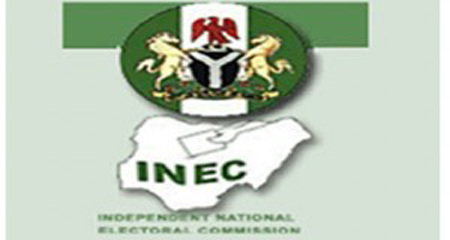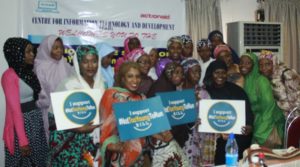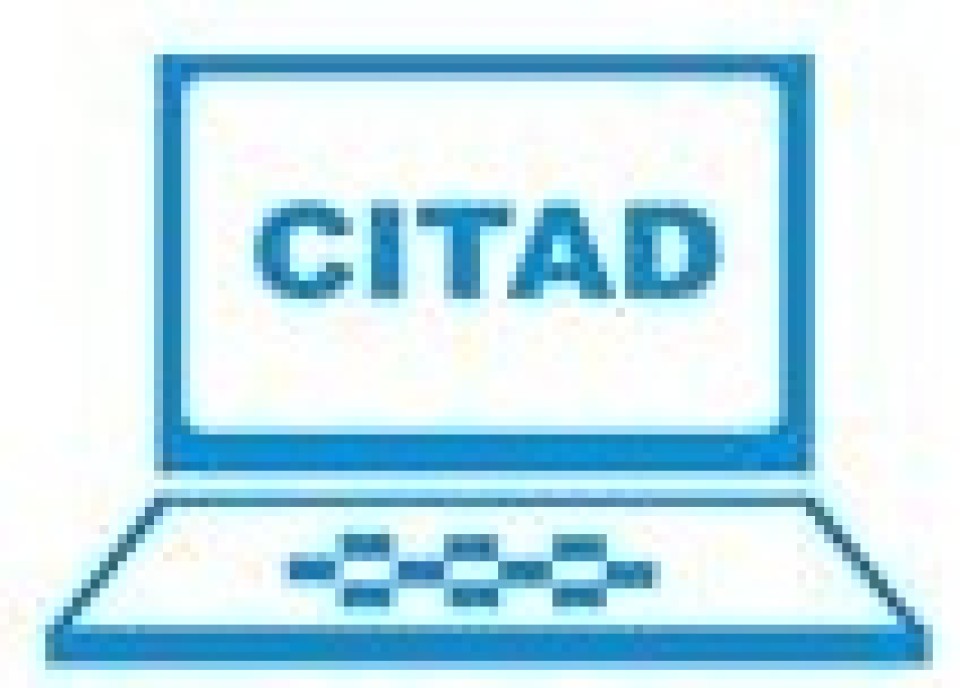Kano-based  Centre For Information Technology And Development (CITAD) has warned that despite the efforts to curb hate or dangerous speech during the 2015 elections, Nigerians appear to have now  become ‘ethnically and religiously insensitive or even intolerant.’
The Centre’s finding were disclosed at a press briefing on Friday in Kano by Isa Garba, its Senior Programmes Officer (Peace and conflicts) .Analysing the Centre’s findings between May and June this year ,Garba said “It is seen that the two major sources of hate speech in the period are religion and ethnicity. In fact, the two contribute about 94% of the items captured. This means that Nigerians are becoming ethnically and religiously insensitive, or even intolerant. The co-occurrence of these to a polity that is multi-ethnic and multi-religious can very dangerous as past ethno-religious violent conflicts have shown.â€
For a proper appreciation of the issues , we publish below excerpts of CITAD’s briefing:
Â
TEXT OF PRESS BRIEFING ON HATE SPEECH FOR THE MONTH OF JUNE ADDRESSED BY ISAH GARBA, SENIOR PROGRAMMES OFFICER (PEACE AND CONFLICTS), CENTRE FOR INFORMATION TECHNOLOGY AND DEVELOPMENT (CITAD) ON JUNE 30, 2016, KANO
Distinguished members of the press, I will like on behalf of the Centre for Information Technology and Development (CITAD) to welcome you to this conference, the first of its series of monthly press briefing on our hate and dangerous Speech Monitoring and Countering Projects that we will be holding. The purpose of the press briefing is to share with public issues of concern that we observe over the month and suggest cause of action that will mitigate these issues of concern.
Dangerous or hate speech has been defined as speech act that denigrates people on the basis of their membership to a group, such as an ethnic or religious group that has a reasonable chance of catalyzing or amplifying violence by one group against another, given the circumstances in which it is made or disseminated. A Speech act in this context includes any form of expression, including images such as drawings or photographs, dance, films, cartoons, etc
While hate speech has been commonly used, there has over the years been an effort to differentiate between hate and dangerous speech, the former as a collection of all forms of inflammatory speech practices while dangerous speech is reserved for that specific category that leads to itself to inciting people to act or accept violence against others as normal. This distinction is necessary to allow for monitoring of speech that is capable of leading to violence.
In this context, it is also important to concretely specify what qualifies for hate/dangerous speech within the Nigerian context. In our context, we regard as dangerous speech any speech act that is aimed at inciting the audience to denigrate against people others of the basis of ethnicity, religion, gender, geography and any other socially conceived parameter with the purpose of marginalizing them or placing them at some disadvantage that is contrary to the provisions of the universal declaration on human rights as well as the international covenants on rights of the people. This does not include the peculiar joking relations that exist in some communities, practiced between two or more ethnic/linguistic groups that have historically been used as a conflict resolution mechanism. Substantively, we see dangerous/hate speech in the Nigerian context as speech act that:
1. Insults people for their religion
2. Abuses people for their ethnic or linguistic affiliation
3. Expresses contempt against people because of their place of origin
4. Disparages or intimidates women or girls because of their gender
5. Condones discriminatory assertions against people living with disability
6. Abuses or desecrates symbols of cultural or religious practices
7. Denigrates or otherwise ridicules traditional or cultural institutions of other people
8. Deliberate spread falsehood or rumours that demeans or maligns or otherwise ostracizes other people on the basis of religion, ethnicity, gender or place of origin for the accident of one form of disability or the other
Hate speech is major driver of violent conflicts as experiences in several countries have shown. Peace building efforts therefore have always included efforts to both reduce the circulation of hate speech and neutralize the likely impact of these that circulate. This is done through monitoring and countering programmes such as we do.
Nigeria is not immune to hate speech. In fact while from our work we found that after the peace accord was signed between the presidential candidates in the 2015 general elections there was reduction in hate speech, over the last months there has been a rise of volume of hate and dangerous speech in the country.
The Results from June
Between May and June of this year, our monitors have documented 393 hate speech items. These items are categorized as follows:
1. Access to resource related hate speech- 31items
2. Biafran agitation – 90 items
3. Terror recruitment – 16 items
4. Election related 13 items
5. Religious – 168 items
6. Ethnicity – 198 items
It is seen that the two major sources of hate speech in the period are religion and ethnicity. In fact, the two contribute about 94% of the items captured. This means that Nigerians are becoming ethnically and religiously insensitive, or even intolerant. The co-occurrence of these to a polity that is multi-ethnic and multi-religious can very dangerous as past ethno-religious violent conflicts have shown.
We are particularly horrified by some of the messages that people peddle, clearly calling for the killings of others, dehumanizing and demonizing others to create the condition for people to act the call to action. The dynamics of hate speech is that other gets provoked and retaliate in same manner and before you know it, some people take the action step to implement the specified call to action contained in the hate messages.
Recommendations
Many of the hate speech items rise from perceptions associated with action or inaction of government. Others are located within the complex contest of space and resources by various ethnic groups in the country. Not least is also the rise of new violent groups such as the Niger Delta Avengers as well as the continuing Biafran agitation. We feel that the country more than any other time is called upon to manage its diversity. This means that open up spaces for genuine conversation towards promoting national understanding is needed. Specifically, we would to call on
Government
1. The Federal Government should step efforts promoting inclusive dialogues with a view to arriving at national consensus on national issues
2. The Federal Government should hasten to roll out programmes that will address the hardship that citizens are experiencing which are providing the fertile space for the generation and circulation of hate speech
3. Governments at all levels should promote inclusivity in access to decision making processes and to the benefits of governance programmes
4. Governments should promote transparency and openness in the conduct of government and its officials so that citizens are carried along
5. Governments should provide adequate information on all decisions taken so that the true circumstances of such decisions are understood by all
Also On NewsdiaryOnline
 Educating Children:The Main Task of a Teacher and the Inherited Burden from Parents
Religious and Ethnic Leaders
1. They should refrain from using inciting language and caution their followers from using hate speech to voice their grievances
2. That religious and community leaders must always condemn hate speech where it is made
3. That religious and community leaders should enlighten the public against hate and dangerous speech
4. That at all times, they should promote dialogue and peaceful resolution of conflicts and support the promotion of inclusivity in all governance programmes and activities at all levels
Individuals
Individuals must not only refrain from engaging in hate speech but must also refuse to be provoked by it. Once people do not react to hate speech, it loses its capacity to catalyze violence. We urge people to be valiant and to report hate speech rather than act on it.
http://newsdiaryonline.com/hate-speech-nigerians-becoming-ethnically-religiously-insensitive-citad-warns/








